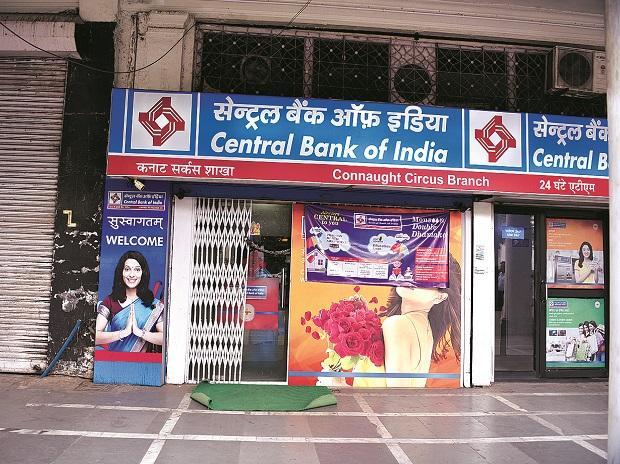Central Bank, JC Flowers ARC join race to bid for Future Enterprises
Central Bank of India and JC Flowers ARC have joined the race to bid for the assets of bankrupt Future Enterprises, which has a stake in two insurance joint ventures.
Capri Global and Authum Investments are among the eight companies which have expressed their interest in making a bid for the company, per an announcement by Future Enterprises.
Globe Capital Market, Brescon Realty, Uniworth Finlease, and Orissa Metaliks are other prospective bidders for the company. Future Enterprises owns a 25 per cent stake in Future Generali India Insurance Company and a 33 per cent stake in Future Generali Life Insurance.
Bankers said Central Bank of India seeks to expand its presence in the insurance sector and hold the minority stake currently owned by Future Enterprises. Generali, which owns the majority stake in both joint ventures, will be comfortable with a public sector bank partner, said a banker. Authum, Capri and JC Flowers have made bids for all the businesses of the company while Central Bank is interested in the stake in the insurance companies.
There were reports that Reliance Industries is likely to be a bidder for the company, but the Mukesh Ambani company has dropped out due to the delay in the process.
Future group companies were sent for debt resolution under the Insolvency and Bankruptcy Code 2016 after the group defaulted on loans worth Rs 25,000 crore to lenders. A lifeline transaction to merge group companies’ businesses with Reliance Retail in 2020 failed to take off as lenders did not agree to the plan.
In April last year, 49 companies sent their expressions of interest to acquire the flagship company Future Retail, but most backed out while making a binding offer. Future Group companies started struggling even before the pandemic led to the closure of 1,800 shops across 420 cities.
Interestingly, just before Future Group companies started showing signs of financial distress, the group raised Rs 4,620 crore ($622.7 million) between April and December 2019 through a mix of debt, equity, and stake sales.
Of this, Rs 1,750 crore was invested by Blackstone, and Rs 590 crore was raised from Apollo, a private equity (PE) firm, as debt.
AION Capital Partners and UBS also invested Rs 500 crore and Rs 350 crore as debt in Biyani’s promoter entity, according to Redd, a research firm.
The cost of funds raised from PE firms was very high. According to the filing with the Ministry of Corporate Affairs, the charge for the pricing of these loans was an eye-watering 26.5 per cent per annum over a four-year term. These high-cost loans later led to default and bankruptcy.
First Published: Feb 08 2024 | 4:49 PM IST
